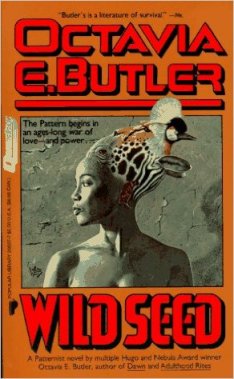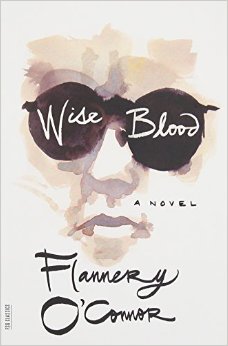
Premise :
Cinder is the best mechanic in New Beijing. Unfortunately, she’s also a cyborg, and cyborgs are considered the lowest of the low in Earthen and Lunar societies. Cyborgs are even used as test subjects for plague research. So the last thing Cinder expects is a business call from Crown Prince Kai of the Eastern Commonwealth. But before Cinder gets a chance to fix his droid, her horrible stepmother volunteers her for plague research.
Things aren’t going well for the prince, either. His father, the king of the Eastern Commonwealth, is falling to the plague and the evil, power hungry Lunar Queen Levana is threatening to glamour the prince into political marriage in exchange for the cure. YA Sci-Fi/Fairytale Retelling, published 2012. Pennsylvania Young Readers’ Choice Award Nominee for Young Adults (2014), Abraham Lincoln Award Nominee (2014), Goodreads Choice Award Nominee for Best Young Adult Fantasy & Science Fiction (2012).
First Impressions :
I decided to listen to the Cinder audiobook after hearing how popular it still is among my library’s 2016 summer reading teens. For the first quarter of the book, only the technological developments (such as Cinder’s cyborg traits and the little robot droids wandering around everywhere) kept me entertained. The worldbuilding is interesting on the surface, but unfortunately, it remains undeveloped. The characters, while not simplistic themselves, fall into simplistic groups of “good guys” or “bad guys,” until we meet my favorite character later into the book. I was still unsure, at 20-25% percent, what the book was going to be about
What I Liked :
But when Dr. Erland injects Cinder with the plague, I was immediately intrigued—how would she get out of this one? I don’t want to spoil anything for you, but this is where things start to get fun. The plot becomes clearer, as we find out that it hinges on several questions: Will Dr. Erland find a cure to save all of Earth? How can Prince Kai resist the evil Lunar Queen’s powers? Are all Lunars as evil as she is? And—perhaps most important—could there be another Lunar heir?
Even though some of these questions have predictable answers, I still enjoyed the ride, especially once Dr. Erland was introduced. This morally ambiguous doctor is a kind of a trickster—I couldn’t figure out where his loyalties lay until the very end. But his loyalties matter, big time. I also enjoyed the clever nods to the Cinderella story—reimagined, of course.
But my favorite aspect of the book is how the author develops the theme of prejudice by showing how we, as humans, can unintentionally fall into the “ist” traps. The prejudice, particularly surrounding the Lunars and their mental abilities, is complex and interesting, and as I have just started the audio version of Book II, I can tell you that the prejudices continues to be examined there.
Other Stuff :
The only actually irritating thing about this book is that Cinder refuses to tell the prince she’s a cyborg. I mean, seriously. JUST TELL HIM ALREADY! He’s telling you state secrets and you’re like, “What if he finds out I’m 30% metal?”
Overall :
Overall, this is pretty good YA. The plot is very “Cinderella,” but the idea is much more sci-fi than a lot of YA out there, and I enjoyed the themes developed by Meyer. Unfortunately, since the setting is painted almost entirely from Cinder the Cyborg mechanic’s perspective, we don’t get much in the way of cultural examination or character study. But we do get a fun, super clever sci-fi retelling of the Cinderella story and an ending that left me excited for more.
Recommended To :
Teens in general. It’s not too nerdy or too romantic for any particular group, and the story questions will probably keep them entertained. Some adults will enjoy this, as well, if they don’t mind the predictability and general lack of worldbuilding.
The Audiobook :
The audiobook is a perfect, relaxing way to enjoy this book. There’s no real “adult content,” so this would be a fun story to listen to with family.

























